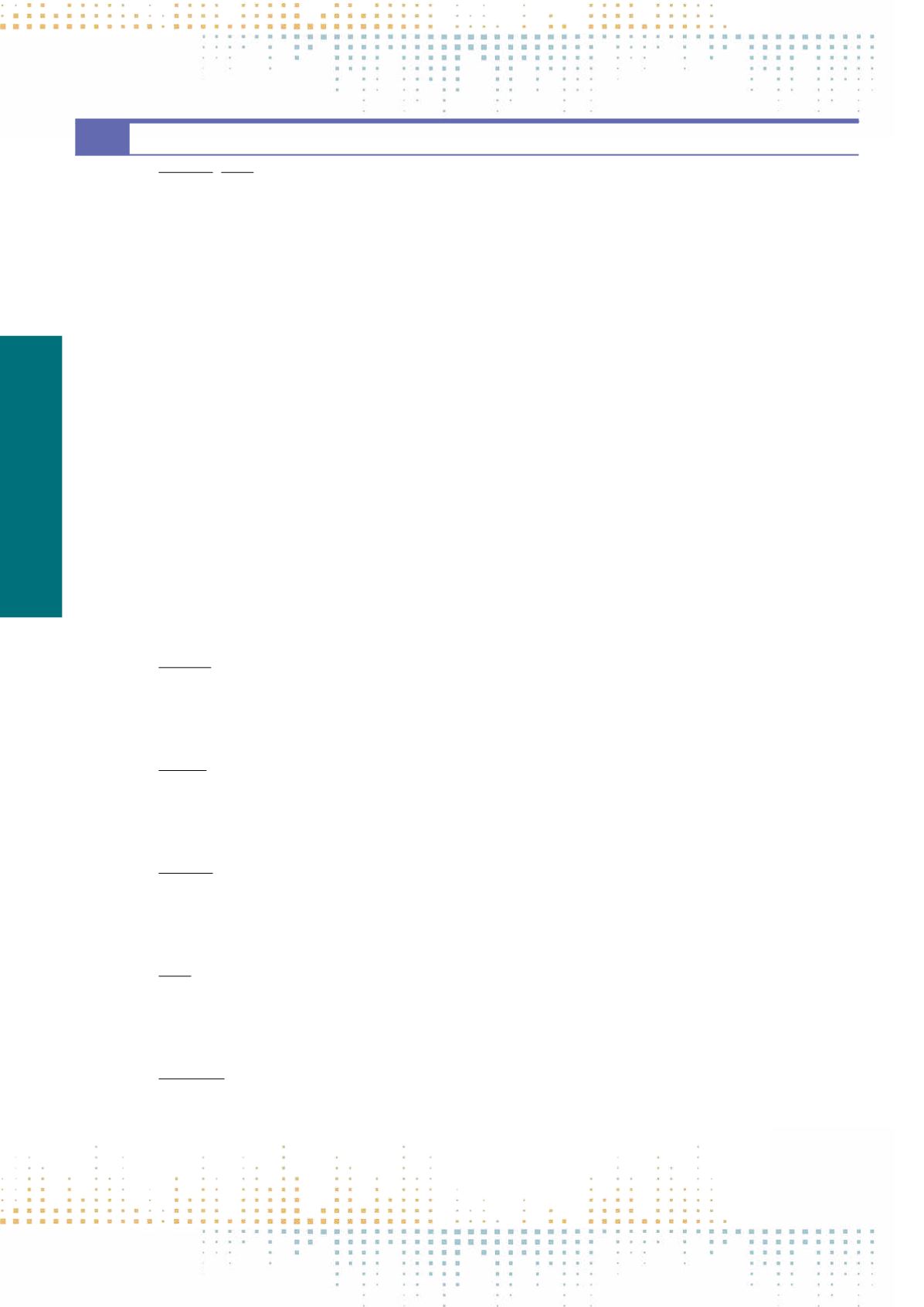

294
Saturday, November 12
1 6 : 0 0 – 1 7 : 3 0
GEC09
Fostering gender equality in and through themedia: Feminist approaches to collaborativework
C. Padovani
1
, K. Ross
2
1
University of Padova, dept. SPGI, Padova, Italy
2
Newcastle University, School of Arts and Cultures, Newcastle, UK
Over the past few years, a number of international research initiatives have involved scholars from across Europe in collective efforts aimed at collecting
and analysing data, developing appropriate methodologies for research and schemes for transnational cooperation. Amongst these initiatives: the well
known Global Media Monitoring Project (GMMP) that has once again been a meeting point for many gender and media scholars on its 5th edition in 2015;
but also the Women in Media Industries project promoted by the European Institute for Gender Equality (EIGE); and, more recently, the UNESCO-promoted
Global Alliance for Media and Gender: an interesting space for researchers, to which the European academic community may certainly bring meaningful
contributions in the future. These activities as well as many others that have involved members of the Gender and Communication Section of ECREA – some
with a prominent research focus, others including an advocacy component, others aiming at orientating policy discourse and practices – have contributed to
produce new knowledge, channel some of this knowledge towards different constituencies and strengthen networks of cooperation. They have also posed
challenges, conceptual and theoretical as well as organizational; they have contributed to deconstructing some of our assumptions, as international en‑
gaged scholars often operating as ‘mediators of (dis)continuities’in addressing what the ECREA 2016 has defined as ‘Contested Pasts, Presents and Futures’
of gender equality in communication. Given the richness and diversity of such experiences, it is time to be self-reflective on what these experiences have
meant for scholars coming from different disciplinary backgrounds but sharing fundamental values in terms of gender equality and reaction to persisting
discriminations; scholars developing theoretical and analytical approaches in (a too often implicit) dialogue with feminist methodologies; researchers con‑
ceiving themselves as members of transnational epistemic communities and committed individuals; and academic researchers working with practitioner
and community participants in order to co-create research. Reflecting on the challenges of these practices can help in clarifying, but also critically rethink‑
ing, some of the basic assumptions we make in our academic work, as well as indicate paths for improved and more 'relevant' – or‘radical’– collaborations.
This interactive session, drawing on the discussions developed in a previous session organized at the ECREA Lisbon Conference in 2014, offers a space for
this kind of self-reflective exercise: a number of themes for discussion will be introduced - including: challenges in sharing concepts and theoretical back‑
grounds; feminist methodologies; communication (means, languages and meaning construction) in trans-national and interdisciplinary cooperation; and
the links between knowledge, research, policy and practice – and participants will be invited to share their experiences and understanding. The interactive
session is conceived as the starting point of a sustained and more in-depth reflection, to be shared with a broader readership: it will be up to the session
participants to decide if informal exchanges deserve being elaborated upon and translated into a journal issue.
PN 342
Media researchers as mediators: experiences from Nordic Gender & Media Forum
M. Edstrom
1
1
University of Gothenburg, dpt. JMG, Gothenburg, Sweden
Abstract not provided.
PN 343
Researching media, mediating change in Malta and beyond
B. Murphy
1
1
University of Malta, dpt. of Gender Studies, Msida, Malta
Abstract not provided.
PN 344
Feminist approaches informing transnational collaboration on gender equality and media?
C. Padovani
1
1
University of Padova, dept. SPGI, Padova, Italy
Abstract not provided.
PN 345
Getting to the same page: feminist research as co-production
K. Ross
1
1
Newcastle University, School of Arts and Cultures, Newcastle, UK
Abstract not provided.
PN 346
Beyond the body count: what is next?
S. Van Bauwel
1
1
Ghent University, Communication Sciences, Ghent, Belgium
Abstract not provided.



















